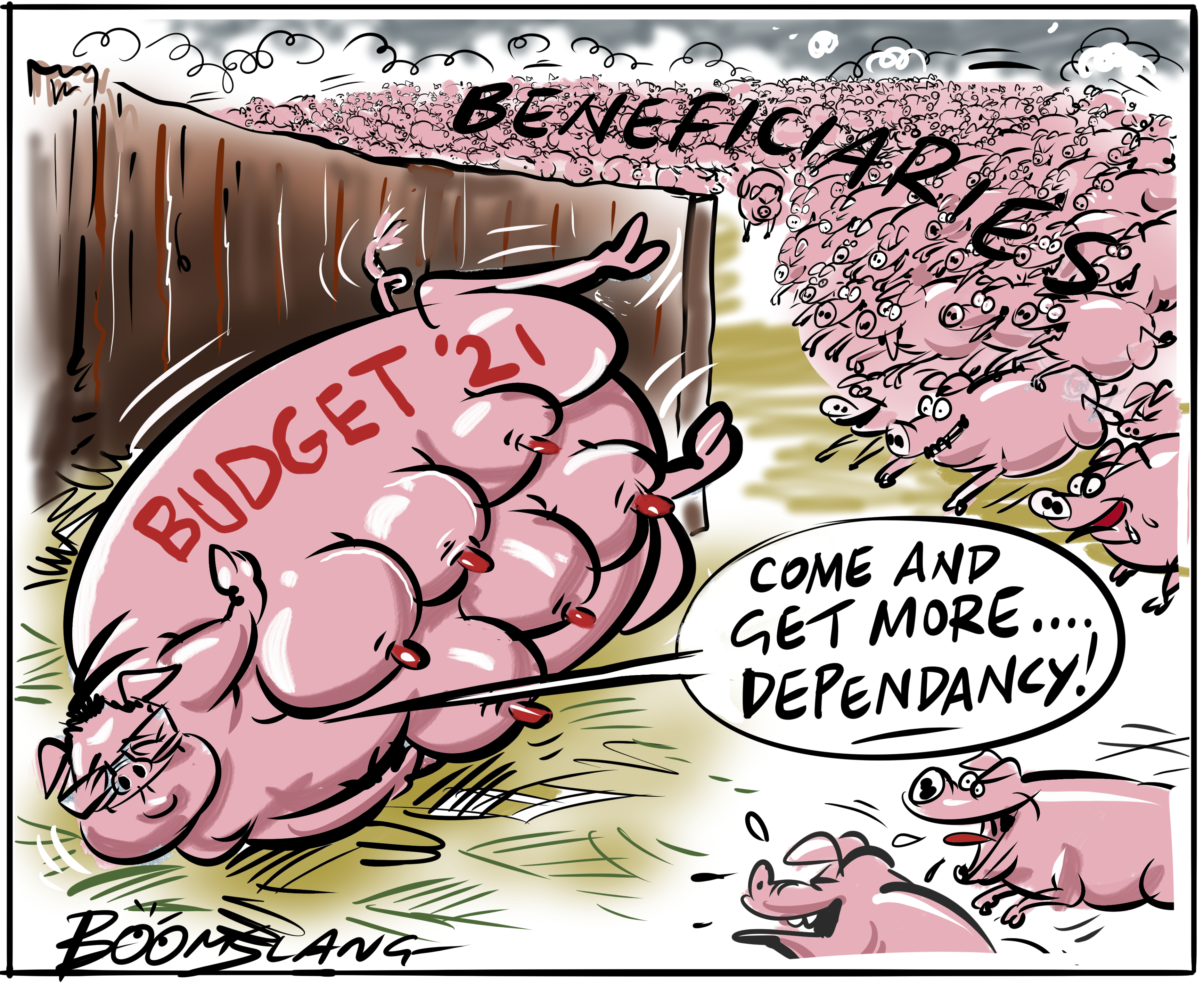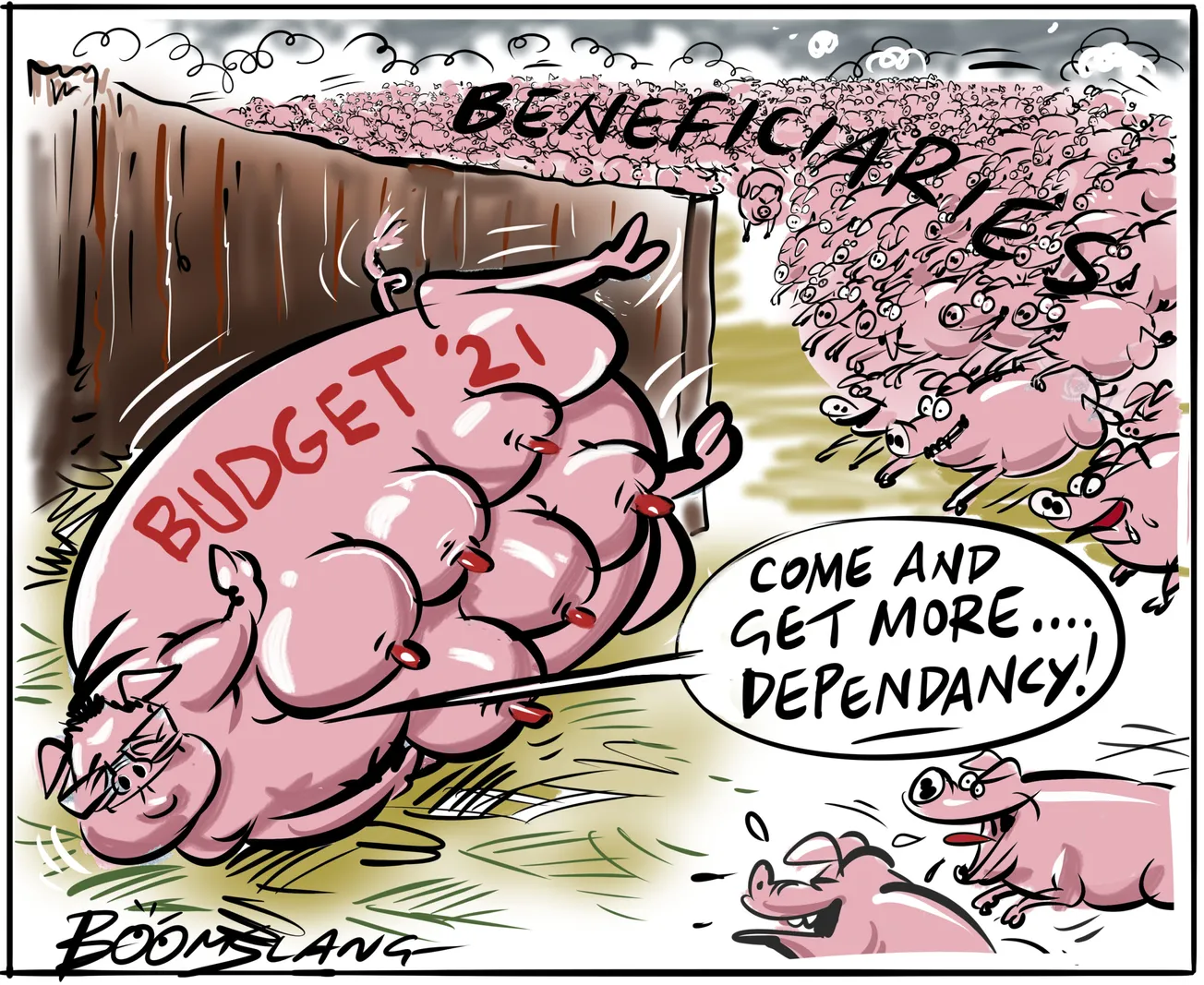Table of Contents
Michael Bassett
bassettbrashandhide.com
Political historian Michael Bassett CNZM is the author of 15 books, was a regular columnist for the Fairfax newspapers and a former Minister in the 1984-1990 governments
While Grant Robertson was announcing increased benefits and higher spending on social services I couldn’t help thinking that his chances of achieving better outcomes remained slender. Since the last election, government agencies have been instructed by ministers to “partner” with Maori in particular and to favour them ahead of other races whenever funding is discussed. Agencies must seek to involve Iwi in decision-making at all levels. But experience is showing them what others have known for years: such a process slows decision-making because Iwi don’t have the structures to ensure swift conclusions.
Moreover, the government’s professed determination to improve Maori well-being seems to overlook the efforts that have been made by its various agencies over many years now. For decades the Ministry and district health boards, for instance, have been trying to reach Maori whose health outcomes are poorer than those of other races.
Officials chase patients who have specialist appointments, but the “do not show” figures remain high; use of freely available flu jabs for those eligible is lower; when medicines are prescribed, pharmacists are often left with uncollected items; polls show Maori are the most reluctant to be vaccinated against Covid; Maori smoking statistics exceed those of other groups; and dietary care still seems to be a low priority.
While “by Maori, for Maori” solutions are much promoted these days, many state-funded agencies have been endeavouring to achieve them for years. Maori nurses and teachers, however, are hard to find, and Maori doctors even harder. Scholarships are needed to encourage training, but the arrival in the work force of substantial numbers of new, fully qualified Maori practitioners remains years away.
While all this is true, and public service numbers have risen 8.6% over the last year, another part of the recent budget is actively working against the government’s proclaimed intention to diminish poverty. Lifting benefits across the board lessens the attraction of low skilled work and can have the effect of reducing efforts to self-improve.
Last week there was a news item about an employer who gave a young man a job. The lad turned up next day, bright-eyed and bushy-tailed, did a good day’s work, but failed to show the following day. When contacted, the young fellow told the employer that the work was too hard, and besides he could get nearly as much money by remaining on a benefit.

Apple-growers and winemakers are familiar with such stories. Despite roadside signs offering fruit picking jobs everywhere in Hawke’s Bay when I visited a few weeks ago, apples lay on the ground under trees, while grape-growers had also been finding it difficult. Contract workers from marae who once worked at the Gimblett Gravels harvests couldn’t be bothered making the effort. It seems quite clear that open entitlement to the dole encourages lethargy, rather than energy, and Robertson’s higher benefits are unlikely to fix the problem. And because of Covid there are very few imported seasonal workers. Result? Fruit worth millions of dollars hasn’t been harvested this year.
Perhaps some government initiatives will have a beneficial effect for Maori? Let’s hope so. At the very least, all assistance packages should be given measurable targets that must be attained. But I fear we’ll find that the statistics – assuming they are properly monitored – will show very little improvement despite the billions that are being spent.
Incentives have to be right before people, whoever they are, make the effort to improve their lives. Sir Apirana Ngata realized this eighty years ago when he advised the leaders of the first Labour Government to be careful about monetary benefits and tie assistance to goals that an intended beneficiary could reasonably be expected to achieve.
Elements of this thinking remained embedded in our welfare state for decades. Once upon a time, continued access to an Unemployment Benefit depended on providing evidence one was actively seeking work, or was engaged in an up-skilling programme of some kind. But successive governments gradually reduced conditions for receipt of a benefit. The result has been that multi-generations remain in poverty with all the social costs to them, and to the taxpayer.
Bill English realised this and tried to turn things around, but our “kind” Princess abolished his scheme when she came to office. The numbers on benefits have grown.
I’m prepared to bet there will be little evidence of poverty reduction by the time of the next election and, like what has happened these last three years, there will be several indictors that “progress” is actually going backwards. Didn’t someone once say that the height of stupidity was to keep on with failing policies in the expectation one would achieve a different outcome?
Please share this article so that others can discover The BFD.









